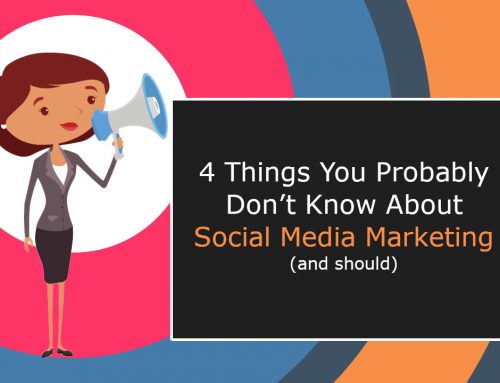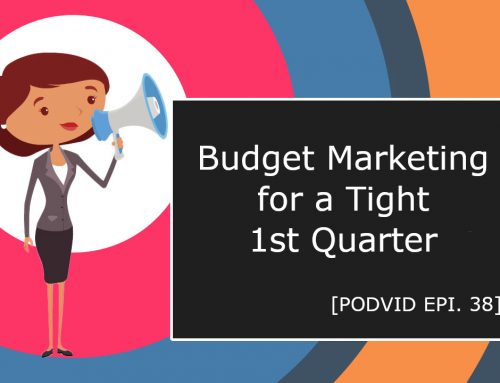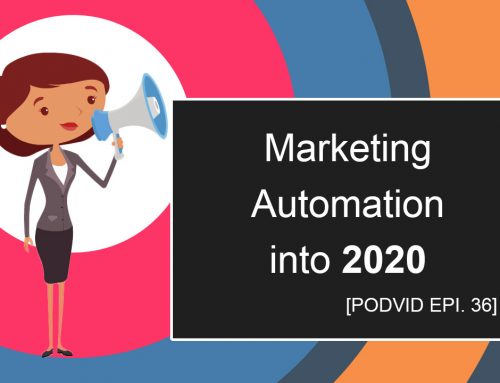SEO underwent some drastic changes some years back now, around the time Google adopted their Panda algorithm, which changed how a website can rank thereafter. SEO didn’t die, it just evolved, and it’s still important to know how best to rank, even as Google tweaks their algorithms.
Changes to SEO
The SEO industry went through big changes, the most important of which were huge developments in the SEO industry like semantic search capability, AI and the ability to search visually. This changed how people accessed content and discover content online, and on the backend – how site creators must ‘list’ their content to be found. As if this wasn’t enough change, more recently new data protection laws have been passed, which is creating new potential problems for SEO that must be overcome to be successful in 2019.
Voice Searching
If you’ve ever been pressed for time and had to look for something in a hurry or text while driving, then you’ve likely already used one of the fastest growing technologies. Voice searching or voice input, which is predicted to take up 50% of all searches by 2020 is the largest growing search currently. More people, pressed for time or not, are finding voice searching to be reliable, fast, and worth their trouble. Here are some more compelling stats:
- 58% of consumers have used voice searching to find local business information in the last year.
- 46% of all voice search users search for a local business daily
- 76% of smart home speaker users conduct local searches once a week at minimum, with 53% doing daily searches
With more people owning personal assistant robots like Amazon’s Alexa, voice searching, commanding, shopping and more has become extremely popular, and only stands to grow. Make sure that you can be found with a varying degree of mispronunciations allowed for in your SEO and you can be sure you’ll even get the people using voice searching, which is – as yet – still imperfect.
Mobile Indexing
Since fewer websites are mobile-friendly than those easily seen on a bigger screen, it makes sense to ensure you’re mobile friendly, especially since March 2018, when Google started migrating sites that follow ‘best practices for mobile-first indexing’. Though there have been numerous warnings to sites which aren’t mobile-friendly of the importance, there will always be those who are loathe to adopt change, but it works to your benefit. Mobile-first indexing means that the site will be ranked first for indexing and ranking. The speed at which a page loads is one of the biggest ranking factors, evidenced by a release of the speed update in July 2018. The update changed how Google measures page speed of both versions, desktop, and mobile of the site load time. This is different than the optimization score, which relies on other technical aspects of the site. You can find out how to manage that from Google here. (Google recommendations)
Going Linkless!!??
Backlinks have been a massively important part of SEO since Google’s PageRank in 1996, so it’s been quite a long time since this aspect has changed in SEO. Why? Blame the giant Google, they’ve gotten too clever. In 2017, a Google Webmaster Trends Analyst, Gary Illyes said that Google uses online brand mentions in its search algorithm. They already know even without the link, who you’re talking about if you write a name like Forbes, or ‘per Harvard’ in your writing. Search engines are able to calculate a site’s authority using these mentions and brands within the sites. Dropping names without backup isn’t the idea though, because they do crawl the site and ensure that you’re not just throwing big names and brands into your site for ranking. That’s a great way to get deindexed.
Google is also checking your own authority against that of the weight you’re throwing around depending on the name drop, and the properties of how the brand was used in context as well. Linking may be fine to prove where something came from or to give someone the option to read more on the topic, but if it’s just a mention from someone or a business which is well-known, going linkless is the way of the future.
Latent Semantic Indexing
RankBrain came out in 2015 from Google, which utilizes machine learning to understand the concept or context of the content it is crawling, which helps to give the searching user more relevance in their returned results. Latent Semantic Indexing is also referred to as LSI, which is an algorithm that helps search engines understand the content on a web page, and then compare it accurately – matching it to the searchers intent according to CrazyEgg.
You’ll need to make sure that the content on your site is optimized using a word or phrase correlations that the everyday user may use in normal conversation. Consider how you yourself might search for something you are unfamiliar with. The reason this matters so much is because of the rise in voice searching, and the home personal assistants. It’s the same programming these machines use to find information, so if you’re easily found by handling the LSI inside of your SEO, you’ll gain an edge for the future.
Go Secure or Go Home (Https)
One of the biggest things so many sites get wrong is making sure your site is migrated to HTTPS with that “secure socket layer”. Google won’t even bother ranking your site if you’re not bothered about your visitor’s privacy and protection. The GDPR is worth a mention here as well since it deals with privacy and security in terms of data protection, which impacts SEO by making sure that you updated your privacy policy and terms pages to avoid huge penalties due to non-compliance with parts of the regulation under “Right to Know”.
SOURCES
https://goo.gl/85JEx5
https://www.link-assistant.com/news/mobile-page-speed-research-part2.html
https://searchengineland.come/5-seo-trends-that-will-matter-most-in-2019-307641
https://www.marketingprofs.com/articles/2018/40293/five-buzzworthy-seo-trends-for-2019






![Do you know BERT? [Google SEO]](https://magiwebsa.com/wp-content/uploads/2019/11/podvid-epi35-cover-500x383.jpg)